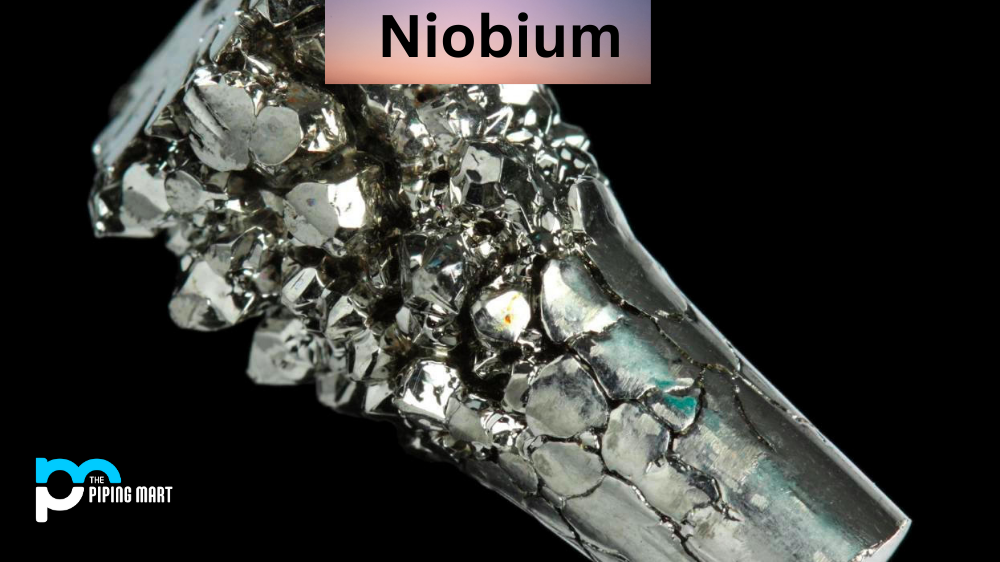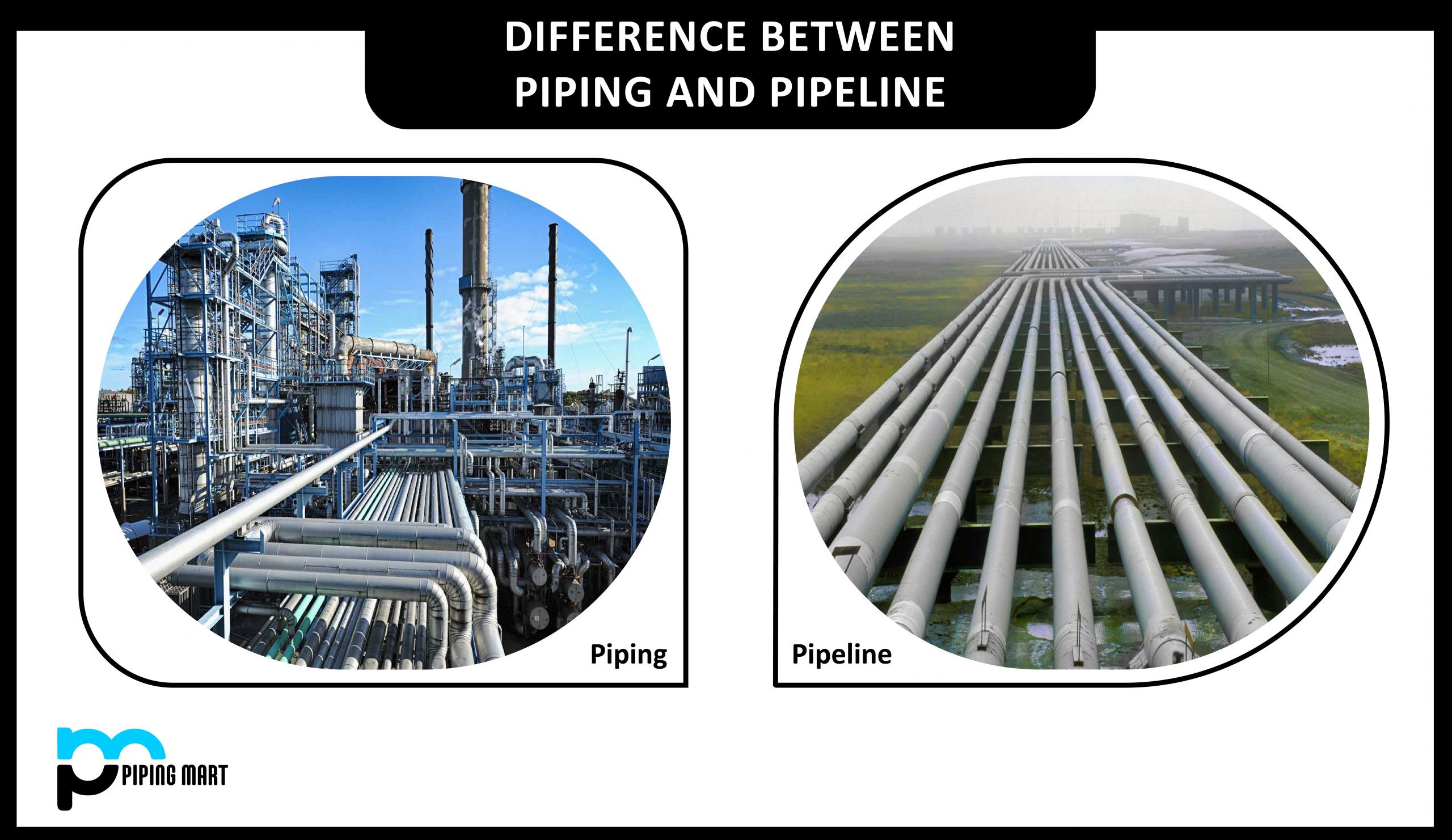Niobium is a unique metal with properties that make it an ideal choice for a variety of applications, including medical and aerospace technologies. However, as with any material, there are both advantages and disadvantages associated with the use of Niobium. Let’s take a closer look at the pros and cons of this versatile metal.
5 Advantages of Niobium
Niobium is an incredibly strong yet lightweight metal, making it perfect for use in applications where weight matters. Additionally, Niobium has excellent heat resistance properties, so it can be used in environments where high temperatures are common. It also has extremely high corrosion resistance and is non-magnetic, so it won’t interfere with sensitive equipment like MRI machines or navigational instruments. Finally, Niobium has a thermal conductivity that’s much higher than other metals, and its electrical conductivity is lower than copper, which makes it highly suitable for electrical applications such as superconductors.
- Niobium is a very strong metal.
- Niobium is resistant to corrosion.
- Niobium has a very high melting point.
- Niobium is used in many different industries.
- Niobium is relatively inexpensive.
5 Disadvantages of Niobium
Despite its advantages, there are some drawbacks to using Niobium. One major disadvantage is its cost; Niobium can be expensive compared to other metals due to its limited availability and the complexity involved in extracting or smelting it into usable forms. Furthermore, while Niobium is strong enough to be used in many industrial applications, it’s not as strong as some other metals like titanium or aluminum. Lastly, Niobium may require special handling due to its inherent toxicity; prolonged exposure can lead to health problems such as respiratory issues or skin irritation, and care must be taken when disposing of any waste products from working with Niobium.
Limited supply
One of the primary disadvantages of Niobium is that it is a relatively rare element, with an estimated global supply of just 60,000 metric tons. This limited supply can make Niobium quite expensive, as well as difficult to source.
Difficult to extract
Niobium is also difficult to extract from its ore due to the fact that it is chemically similar to other elements, such as tantalum and zirconium. As a result, special extraction methods must be used in order to isolate Niobium. These methods can be costly and energy-intensive.
Limited applications
While Niobium has a variety of applications, its use is still quite limited compared to other metals. For example, Niobium is not commonly used in construction or manufacturing due to its high cost and limited availability.
Health concerns
There are also some health concerns associated with niobium exposure, as the metal can be harmful if inhaled or ingested in large quantities. Niobium dust can irritate the eyes, nose, and throat and may also cause coughing and difficulty breathing. Ingestion of large amounts of Niobium can lead to gastrointestinal issues such as nausea and vomiting.
Environmental concerns
The mining and extraction of Niobium can also have negative impacts on the environment due to the release of harmful chemicals and pollutants into the air and water. Additionally, the disposal of niobium waste can be problematic, as it can take centuries for the metal to degrade naturally.
Conclusion
In conclusion, if you’re looking for a lightweight yet strong metal with excellent heat resistance properties that won’t interfere with sensitive equipment, then Niobium could be ideal for your application. However, you should also consider the drawbacks associated with this metal before committing to using it; these include costliness due to limited availability and potential toxicity risks during fabrication or disposal processes. Ultimately the decision whether or not to use Niobium rests on your specific needs and budget constraints, but understanding all the advantages and disadvantages can help you make an informed choice about this unique material.
Meet Heer, a dynamic and driven writer learning tricks of her trade in the metal industry. With a background in Digital Marketing, Heer brings a unique perspective to her writing, sharing valuable insights. Apart from blogging she like reading and hiking.



